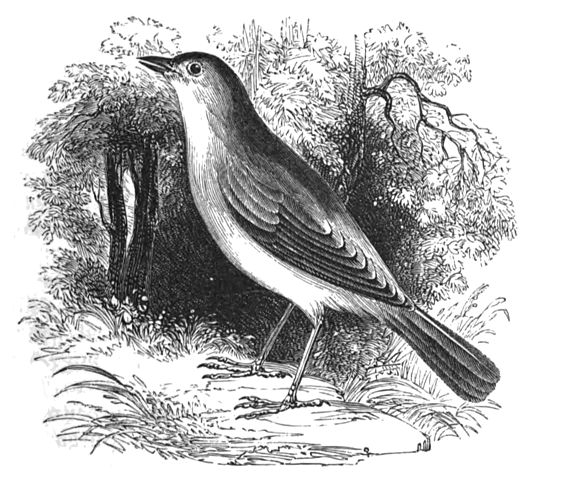
In a letter written home from the Western Front in May 1915, 2nd Lt. Alexander Gillespie of the Argyll and Sutherland Highlanders describes a striking midnight experience:
Presently a misty moon came up, a nightingale began to sing … It was strange to stand there and listen, for the song seemed to come all the more sweetly and clearly in the quiet intervals between the bursts of firing. There was something infinitely sweet and sad about it, as if the countryside were singing gently to itself, in the midst of all our noise and confusion and muddy work; so that you felt the nightingale’s song was the only real thing which would remain when all the rest was long past and forgotten. …
So I stood there, and thought of all the men and women who had listened to that song, just as for the first few weeks after Tom was killed I found myself thinking perpetually of all the men who had been killed in battle — Hector and Achilles and all the heroes of long ago, who were once so strong and active, and now are so quiet. Gradually the night wore on, until day began to break, and I could see clearly the daisies and buttercups in the long grass about my feet. Then I gathered my platoon together, and marched back past the silent farms to our billets.
Another front-line soldier, J.C. Faraday, noticed the same effect. He wrote to the Times in July 1917, “You will have a terrific tearing and roaring noise of artillery and shot in the dead of night; then there will be a temporary cessation of the duel, with great quietness, when lo! and behold and hear! Hearken to his song! Out come the nightingales, right about the guns … And another kind of love music is introduced to our ears and souls, which does us good. Think? It makes you think — and beautiful thoughts come along to relieve you from the devilment of war and the men who cause it.”
(From Stephen Moss, A Bird in the Bush: A Social History of Birdwatching, 2013.)
